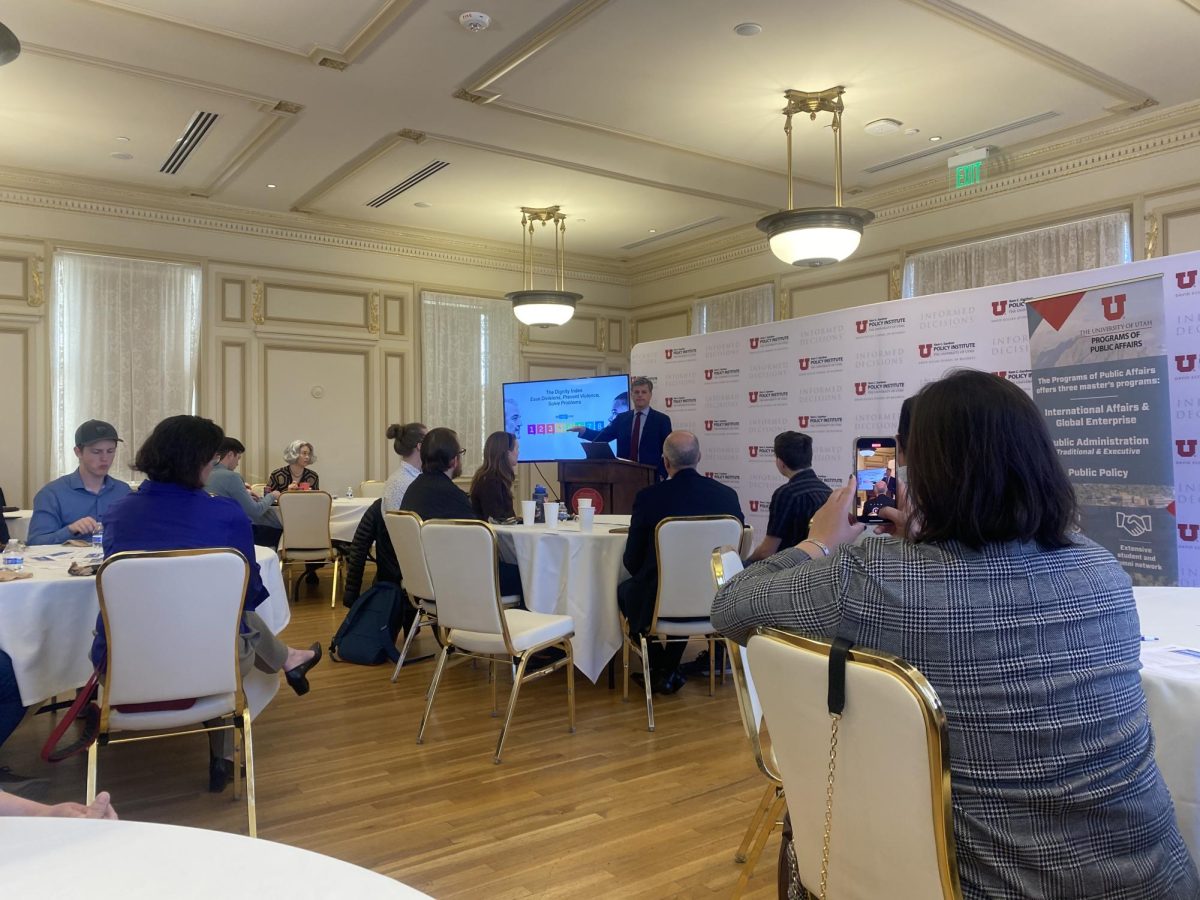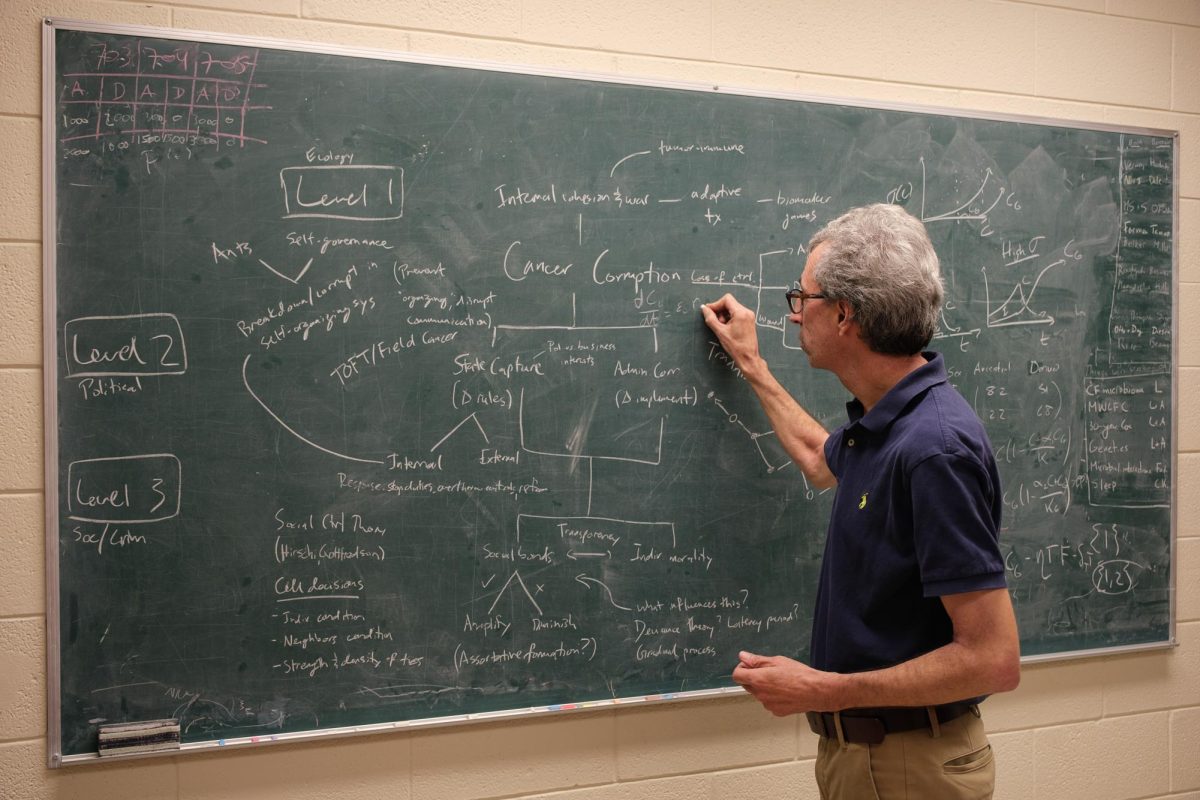When preparing for tests, students tend to think they’ll get the high grades they hope for, but without studying, a recent study shows.
Through a study on metacognition and the impact it has on students, University of Utah chemistry professor, Charles Atwood, and graduate student, Brock Casselman, found the reasons behind why students overestimate their performances, and a way to control it.
Metacognition is the process of thinking about whether one’s thinking is making sense. As problems are worked on, one constantly thinks about whether the problem they’re working on is the kind of problem they think it is. If so, the answer should be around what the test taker anticipates, and they subsequently overanalyze the problem and how they came to find it, resulting in a surprise as to how they found it.
Data began to be gathered from 2013 for the five-year study, that demonstrated a positive result.
“Since I came here (The U of U) in 2011, the plan has been to improve the success rates of the students in General Chemistry. 37 percent of students would have D, Fs, or Ws and we now got that down to about half of that,” Atwood said.
Students taking the general chemistry 1210 class were asked to predict the results of what their midterm pretest scores would look like at the beginning of the semester. As a result, students overestimated their scores by an 11 percent average, resulting in a lower score. Those students who were in the bottom quartile, who scored the lower 25 percent of class scores, overestimated their performance by 22 percent.
Over time, students would begin to realize the importance of studying for their exams rather than relying on their own abilities to test taking without studying.
The purpose of the study was to get students psychologically prepared for their exams. Both researchers used a metacognition approach to reach their goal of helping their students excel in their exams.
The solution is to find out where the test taker made a mistake or the way they approached the problem. This study was to help force metacognition on students and help them analyze where they can improve for the following exam.
“We tried to help students become more aware of and accurately access their abilities,” Casselman said.
Atwood and Casselman then implemented a feedback system and weekly quizzes to correlate with the practice exams their students were taking. Through feedback, students gained help in identifying what topics they struggled with to cater their personal study plans.
At the time of the final exam, students scored right on or close to their predictions. Students who were at the bottom quartile scored 10 percent higher.
“We’ve improved in four to five years by 33 percentile in the bottom quartile,” Atwood said. “We’re very happy with it.”
It is hoped that this study can be used for any class throughout campus or any learning environment.
“I focused more on the modes of learning that I felt were actually helping me learn,” said Jake Worthington, a student who participated in the study.
He continues to implement what he learned in his classes, ”Currently, I try to find lecture videos that present the material I’m trying to learn and I spend less time on the modes of teaching that I don’t connect with or learn that much from.”
“Practice before actual tests on what the test would be like. Predict scores. When looking over results, look over specific areas on what you can improve or study specifically on,” Casselman said, as advice for students.















